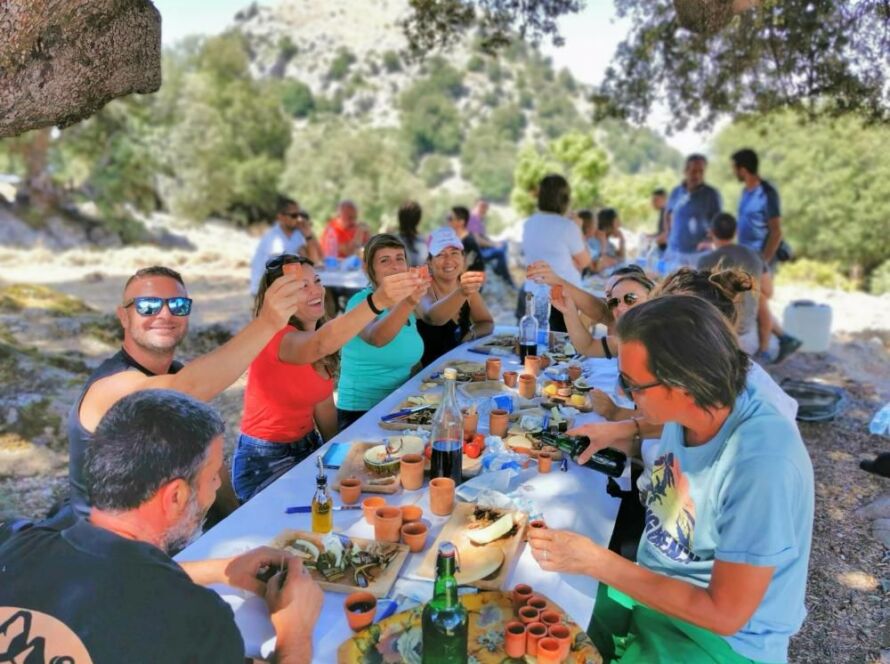Today is International Au Pair Day, a moment to acknowledge the young people who leave their homes, step into unfamiliar countries, and become part of someone else’s family. It is also a day that holds deep personal meaning for me — because my own journey began this way.
My Story: Arriving in London as a Young Au Pair
Long before I became a Functional Nutritional Therapy Practitioner, I was a young woman arriving in London as an au pair. I came with a suitcase, a dictionary, a few savings, and a heart full of determination. I didn’t know the city, the culture, or anyone here. I certainly didn’t imagine the path that lay ahead.
Those first months taught me resilience, independence, and adaptability in ways no classroom ever could. I learned how to manage a household not my own, look after children who relied on me, navigate a new language, and hold myself together when everything felt unfamiliar.
What I didn’t realise at the time was that the experience would become the foundation of who I am today — both personally and professionally. It taught me how much emotional and physical wellbeing matter, especially when you’re far from home, taking on responsibility, and trying to build a future from scratch.
The Au Pair Experience Is More Than a Job
Au pairs are not simply helpers. They are young people learning to:
– create stability in a new environment
– manage stress and homesickness
– maintain their energy despite irregular schedules
– adapt to new foods, routines, and expectations
– support a family while trying to find their place in the world
And host families are also adjusting, learning to share their space, build trust, and communicate across cultural differences.
When both sides feel supported, the experience can be transformative.
Why Wellbeing Matters at Every Stage
From my perspective — as both a former au pair and now as a practitioner — nutrition and lifestyle habits profoundly influence the emotional resilience needed during this kind of life transition.
Here are pillars that support both au pairs and families:
1. Eating balanced meals regularly
Stabilises energy and mood, reduces overwhelm, and supports hormonal balance.
2. Avoiding lonely eating
Sharing meals helps create connection and a sense of belonging.
3. Prioritising sleep
A rested mind copes far better with cultural adaptation and childcare responsibilities.
4. Movement and fresh air
Help manage stress, improve digestion, and support mental health.
5. Honest, compassionate communication
A balanced household depends as much on boundaries as it does on kindness.
A Day to Celebrate Growth and Courage
International Au Pair Day honours those who leave home to discover who they are, and the families who welcome them. It honours courage, adaptability, and human connection.
For me, it also honours the moment I stepped off a train in London — nervous, excited, hopeful — without knowing that the journey would shape the rest of my life.
Warmly,
Milvia Pili, FNTP
Functional Nutritional Therapy Practitioner




